Presenting your research project at an International Conference
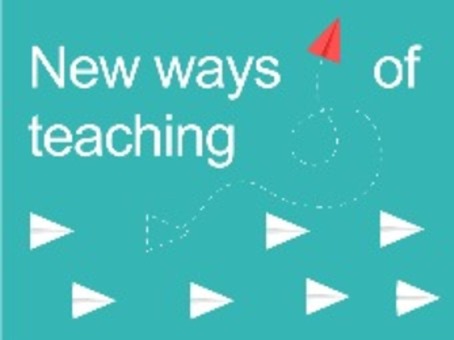
In New Ways of Teaching, lecturers talk about their innovative, creative, and effective teaching initiatives. From unusual teaching methods to new technologies — anything is possible. How do these ideas arise and what impact do they have on students? This month: Presenting your research project at an International Conference
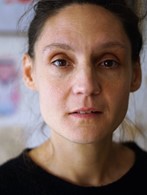
How would you respond to hearing that you would have to present your research project at an international conference? Maria Mazzoli and Hadi Mirvahedi consider this to be a valuable opportunity for students enrolled in their Language Planning & Policy course unit. The course unit includes a qualitative research project within the broader theme of minority languages and language contact. This opportunity allows students to put the skills they have learned into practice in real-life situations.
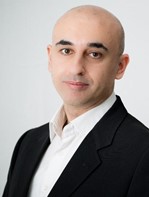
The perfect fit
As the international conference coincided with the topic and schedule of their course, Mazzoli and Mirvahedi decided to use their connections and get in touch with the project leader of the Mercator International Conference on Multilingualism. Together with Jelske Dijkstra from the Mercator European Research Centre / Fryske Akademy, they arranged for students enrolled in the LPP course to present their research at the Mercator Centre’s annual conference, held each November. They used their academic network to create this opportunity for their students, hoping they could learn from it.
The aim of the 2024 Mercator conference was ‘to provide a platform for and to stimulate critical discussions on policy development for minority languages and multilingualism in various contexts, from the home to education.’ It sounded as the perfect fit for their students, who were surrounded by academics and practitioners in the field.
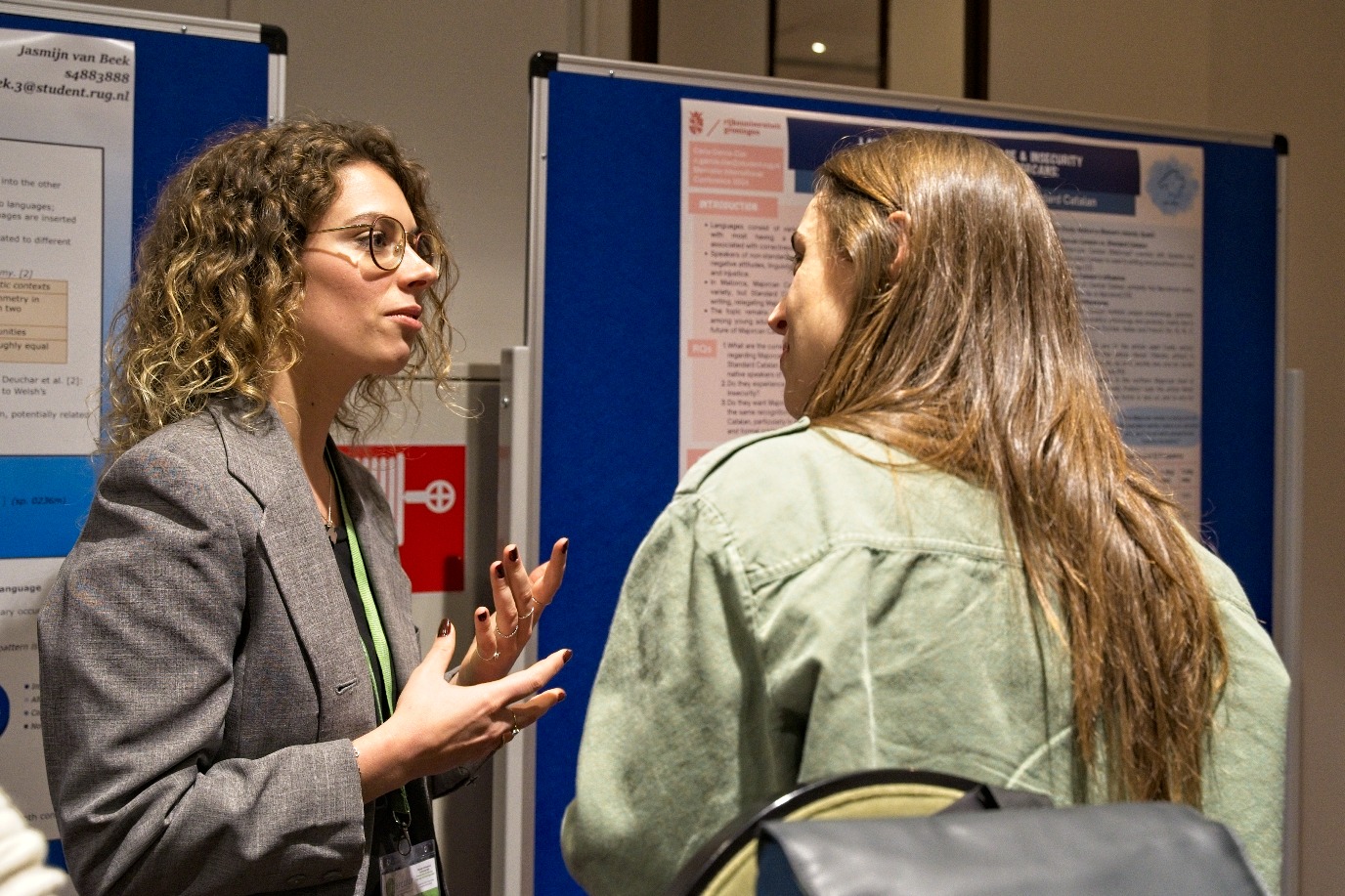
Active and transformative learning
Mazzoli and Mirvahedi describe their innovative way of teaching as a clear example of Active Learning. According to them, it is important that learning is activated at a deeper level. This can be achieved through the preparation of a personal project in which students have control over, and responsibility for their learning journey. Their approach to Active Learning utilized all of their students’ resources, and by having them present their work to a significant audience, they were able to apply it to real life, which had a profound and personal impact on them. The students described this experience as both challenging and inspiring.
A challenge
Students reported that, while they found it challenging to be placed in this unique position, they were also motivated to prepare thoroughly for the event. They received training throughout the course, as well as multiple rounds of feedback and consultations on their individual projects. This ensured that they could present high-quality papers.
Some participating students reaped the rewards of their efforts. During the conference, one met the organization where they ended up doing their internship, and another used the conference paper as the basis for their MA thesis. So you could say that their hard work paid off.
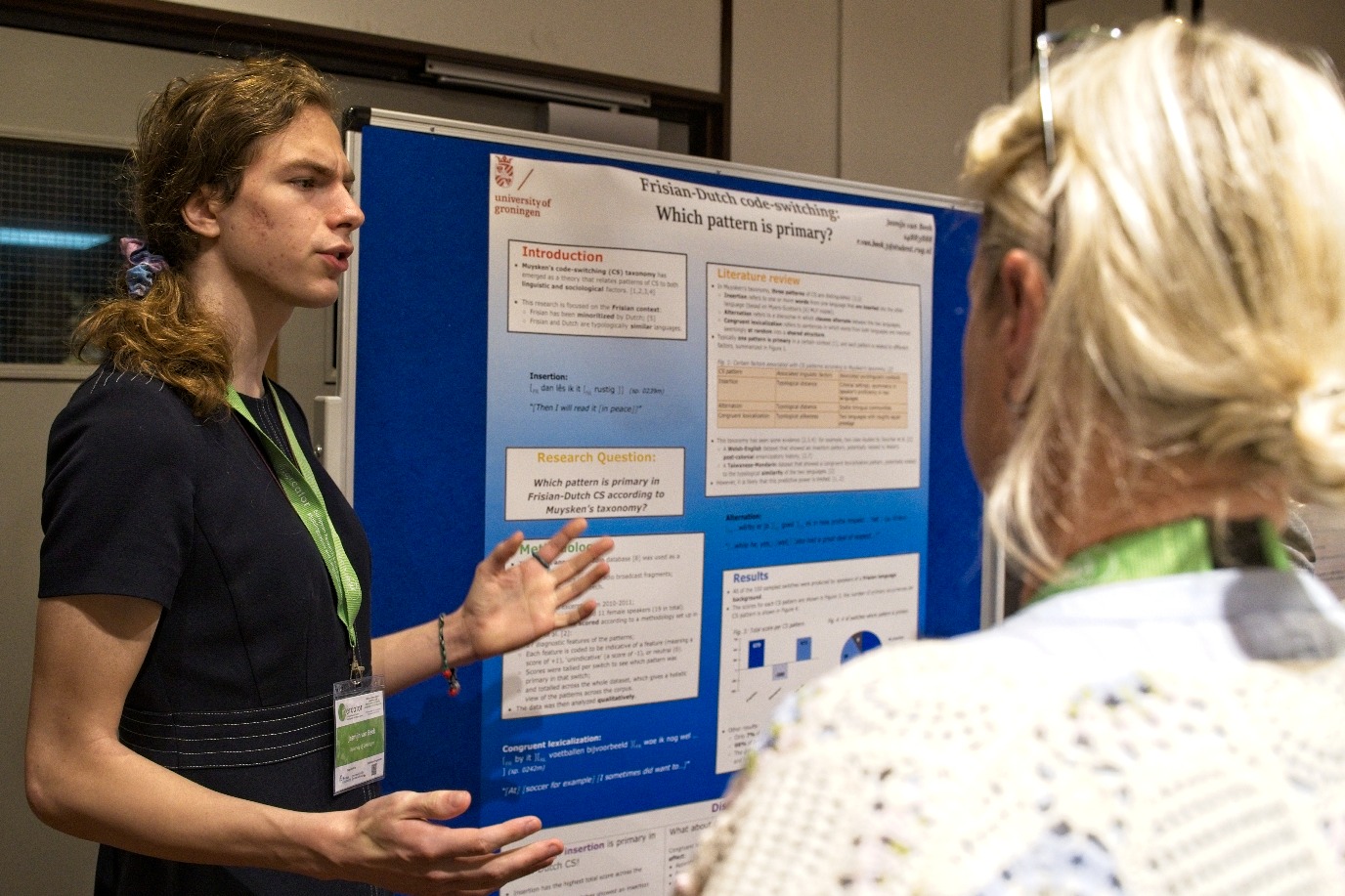
Epic
Not only did Mazzoli and Mirvahedi teach their students how to turn their research papers into posters, but they also taught them how to critically analyze and reflect. The students became immersed in a wider academic community and were inspired by meeting scholars and policymakers who had been mentioned several times during their coursework. Encountering the authors whose papers the students had read and studied for their projects, made it almost ‘epic’. According to the students, it gave them an idea of the impact they and their work could have in the future.
Future opportunities
To maintain this active and transformative learning style in this and potentially other courses, Mazzoli and Mirvahedi want to make the conference a regular fixture. This year, Mercator is organizing the Conference on Frisian Humanities, and the class will be participating. However, due to the educational reform and the Faculty Board’s decision to discontinue or merge the MA in Multilingualism into the MA in Linguistics, the course may come to an end. Nevertheless, they would love to inspire more students in the future, as well as encourage their colleagues from all faculties to create similar opportunities within their courses.
More information
More news
-
15 September 2025
Successful visit to the UG by Rector of Institut Teknologi Bandung
